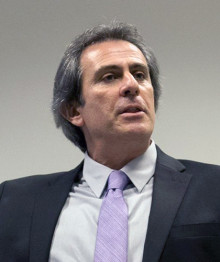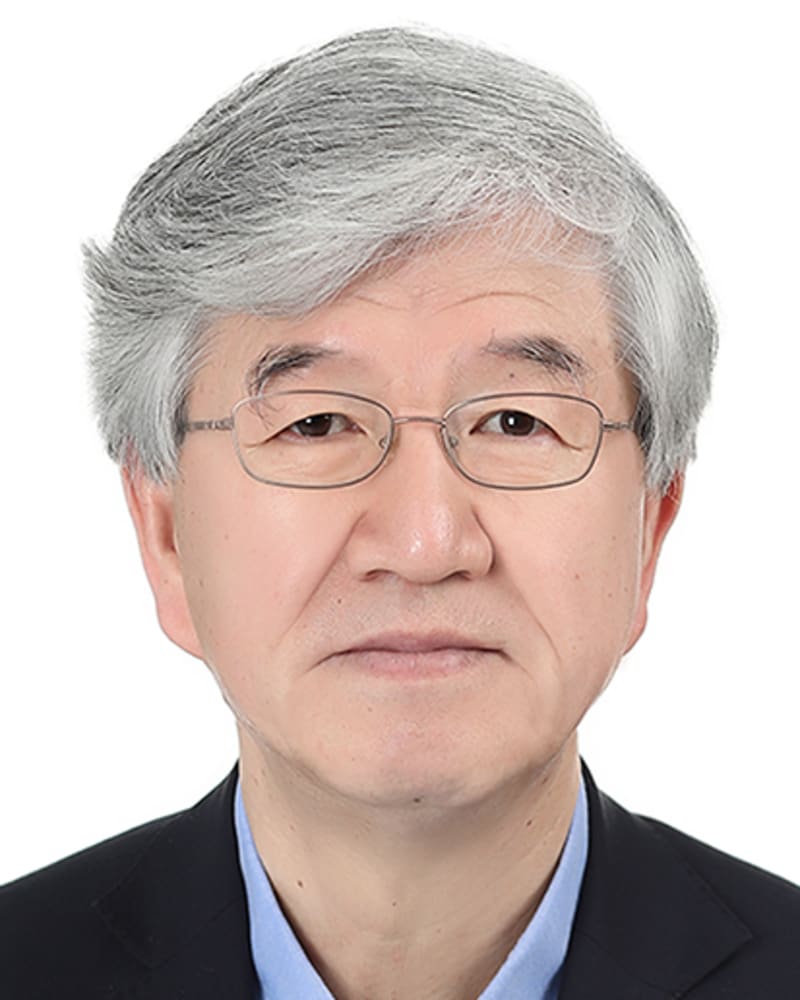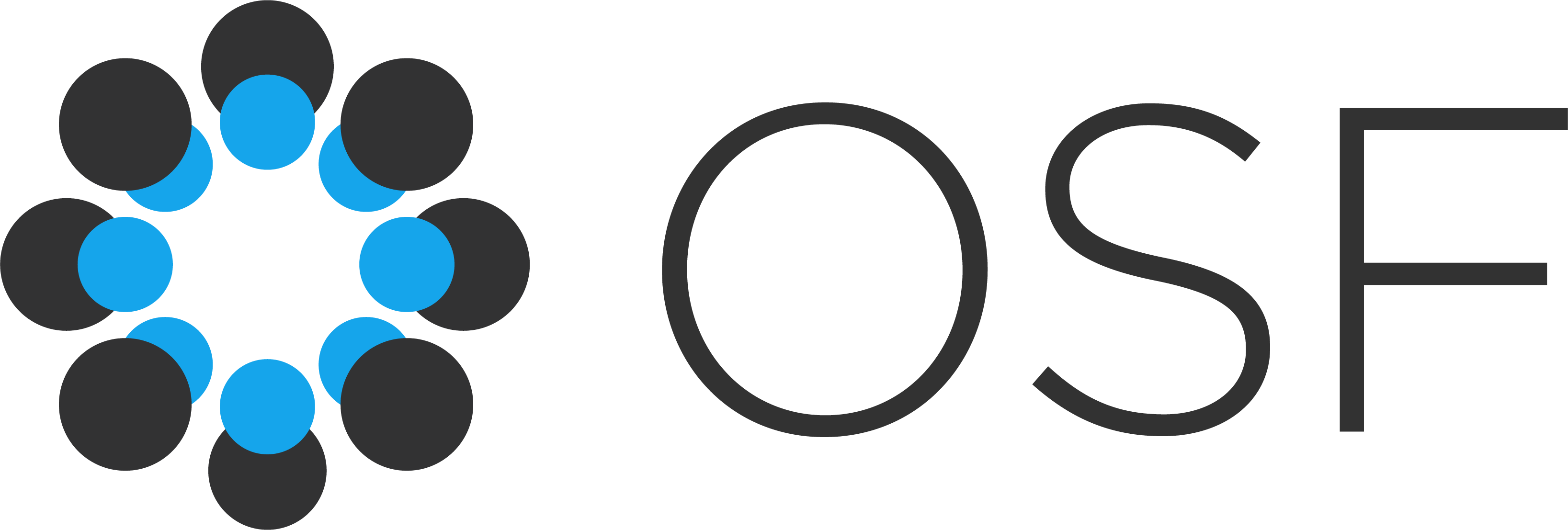Keynote : Teaching Computational Archival Science
- Long title
- Teaching Computational Archival Science: Context, Pedagogy, and Future Directions in Metadata
- Starts at
- Mon, Oct 21, 2024, 09:30 EDT
- Finishes at
- Mon, Oct 21, 2024, 10:30 EDT
- Venue
- Auditorium
- Moderator
- Sam Oh
Teaching Computational Archival Science: Context, Pedagogy, and Future Directions in Metadata
Computational Archival Science (CAS) [see: https://ai-collaboratory.net/cas], was designated in 2016 against the background of the transformative effects of computing technology on archival practice and theory, by a group of technologists and archivists, including from the US, Canada, and the UK. A Foundational paper was drafted that year and later published in 2018 (“Archival records and training in the Age of Big Data”). The authors made a case for a new transdiscipline, which they defined as:
“A transdisciplinary field grounded in archival, information, and computational science that is concerned with the application of computational methods and resources, design patterns, sociotechnical constructs, and human-technology interaction, to large-scale (big data) records/archives processing, analysis, storage, long-term preservation, and access problems, with the aim of improving and optimizing efficiency, authenticity, truthfulness, provenance, productivity, computation, information structure and design, precision, and human technology interaction in support of acquisition, appraisal, arrangement and description, preservation, communication, transmission, analysis, and access decisions.”
While CAS is still an emerging field, it has the potential to bridge traditional and new topics in iSchools. One of the most important lessons learned has been the significance of integrating computational thinking (CT) concepts into archival science, which parallels the case for the inclusion of CT in mathematics and K-12 science classrooms. Our approach emphasizes developing CAS with a focus on community and social justice
This talk explores the context of CAS, key pedagogical developments that have emerged, and future directions in metadata including advances in Generative AI and Large Language Models.
-

Richard Marciano
College of Information at the University of Maryland
Dr. Richard Marciano is a professor in the College of Information at the University of Maryland. He is an affiliate faculty member of the Institute for Systems Research and the Department of Computer Science. Prior to that, he was a Professor at the School of Information and Library Science at the University of North Carolina at Chapel Hill for 6 years, and a Research Scientist at the San Diego Supercomputer Center (SDSC) at the University of California San Diego (UCSD) for 13 years.
His current research interests center on computational archival science (CAS), digital curation, digital preservation, sustainable archives, cyberinfrastructure, and big data. He is the 2017 recipient of the Emmett Leahy Award for "outstanding and sustained work in digital records and information management". He holds degrees in Avionics and Electrical Engineering, a master’s and Ph.D. in Computer Science from the University of Iowa, and conducted a postdoc in Computational Geography.
In 2020 he helped found the Advanced Information Collaboratory (AIC: https://ai-collaboratory.net/), an international research network (with partners from North America, South America, Europe, Africa, Asia, and Australia) that explores the opportunities and challenges of disruptive technologies for archives and records management (including CAS – Computational Archival Science, AI, ML, Digital Curation, etc.) while promoting ethical information access and use.
Moderator
-

Sam Oh
Sungkyunkwan University, Seoul, Korea
Sam Oh is a distinguished professor for global affairs at Sungkyunkwan University, Seoul, Korea, and an affiliate professor at University of Washington iSchool. HIS expertise spans data modeling, metadata design, and ontology design. With funded projects and consultancy for various companies and government sectors, he held leadership roles such as a chair of iSchools, had tenure chairing both TC46/SC9 (Identification & Description) and ISO/IEC JTC1 SC34 (Document Description and Processing Languages). He is the executive director of Dublin Core Metadata Initiative (DCMI), the ambassador of iSchools, and chairs TC46/SC4 (Technical Interoperability).





